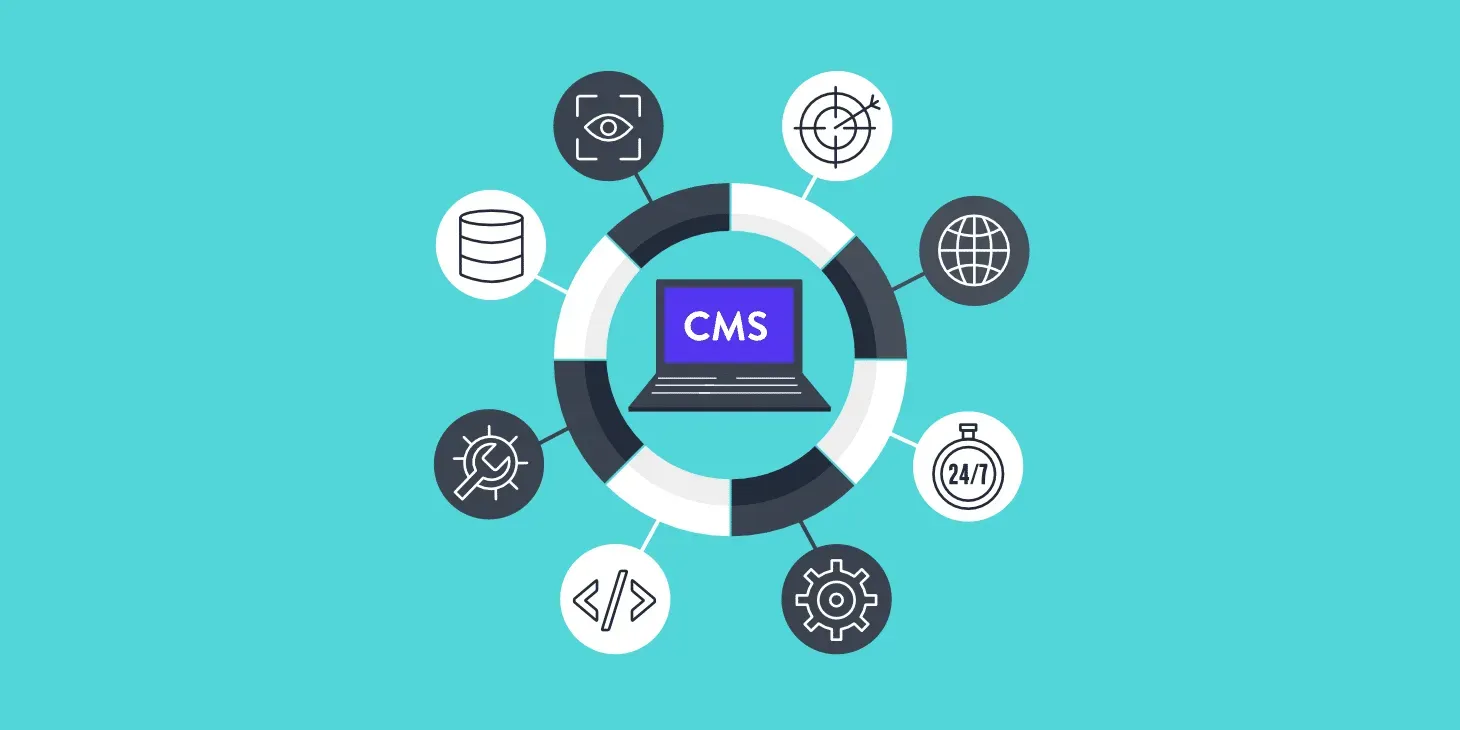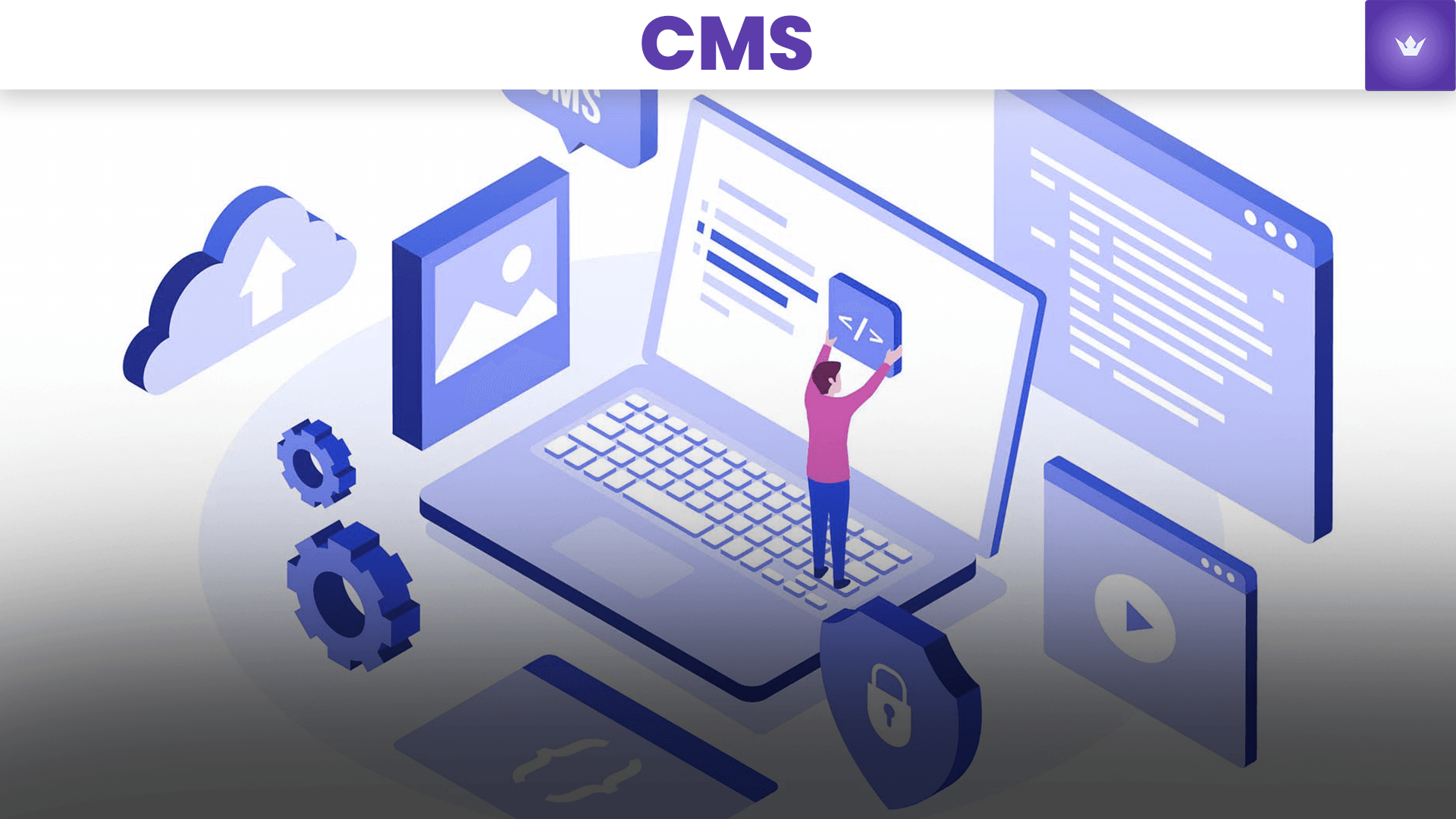Table of Contents
- What is CMS and Its Evolving Role in Healthcare?
- Key CMS Initiatives Shaping Healthcare in 2025
- Navigating CMS Resources and Programs
- Legal Landscape and CMS Policy Implementation
- The Future of CMS and U.S. Healthcare
What is CMS and Its Evolving Role in Healthcare?
The Centers for Medicare & Medicaid Services (CMS) continues to be a cornerstone of the U.S. healthcare system in 2025. As a federal agency within the Department of Health and Human Services, CMS has expanded its influence and responsibilities to address the ever-changing landscape of healthcare delivery and policy.
Core Functions and Programs
CMS oversees critical healthcare programs that serve millions of Americans:
- Medicare: Providing health coverage for individuals 65 and older, as well as certain younger people with disabilities.
- Medicaid: Offering health coverage to eligible low-income adults, children, pregnant women, elderly adults, and people with disabilities.
- Children's Health Insurance Program (CHIP): Extending health coverage to eligible children in families with incomes too high to qualify for Medicaid but too low to afford private coverage.
These programs form the backbone of CMS's operations, but the agency's scope has broadened significantly in recent years.
Expanding Responsibilities
In 2025, CMS has taken on additional roles to address emerging healthcare challenges:
- Data Analytics and Health Informatics: CMS now leads initiatives in big data analysis to improve healthcare outcomes and reduce costs.
- Telehealth Regulation: With the continued growth of telehealth services, CMS has developed comprehensive guidelines to ensure quality and accessibility.
- Climate Change and Health: CMS has incorporated environmental factors into its policies, recognizing the impact of climate change on public health.
CMS's Impact on Healthcare Providers
Healthcare providers across the nation feel the influence of CMS policies daily. From reimbursement rates to quality metrics, CMS shapes the operational landscape of hospitals, clinics, and individual practitioners.
Dr. Sarah Johnson, a family physician in rural Montana, shares her perspective: "CMS guidelines have transformed how we practice medicine. While sometimes challenging to implement, these policies have ultimately improved patient care and pushed us to adopt more efficient practices."

Key CMS Initiatives Shaping Healthcare in 2025
Medicare Drug Price Negotiations: A Game-Changer
The Medicare drug price negotiation program, initiated in previous years, has matured into a powerful tool for cost control and improved access to medications.
Negotiation Process and Outcomes
CMS has refined its negotiation strategies, resulting in significant cost savings:
- In 2025, negotiations have expanded to cover 20 high-cost medications.
- Average price reductions of 30-40% have been achieved for negotiated drugs.
- Beneficiaries have seen an average annual savings of $500 on prescription medications.
Impact on Pharmaceutical Innovation
Contrary to initial concerns, the negotiation process has spurred innovation in the pharmaceutical industry:
- Companies are focusing more on developing truly novel therapies.
- There's an increased emphasis on demonstrating clear clinical benefits for new drugs.
- Collaborative research initiatives between pharma companies and academic institutions have risen by 25% since 2023.
CMS's Innovative Healthcare Models
CMS continues to pioneer new healthcare delivery and payment models, aiming to improve quality while controlling costs.
Value-Based Care Expansion
The shift towards value-based care has accelerated under CMS leadership:
- Accountable Care Organizations (ACOs) now cover 40% of Medicare beneficiaries.
- Hospital readmission rates have decreased by 15% since 2023, attributed to better care coordination.
- Patient satisfaction scores have improved by 20% in facilities adopting value-based models.
AI and Machine Learning in Healthcare Delivery
CMS has embraced artificial intelligence to enhance healthcare delivery:
- Predictive analytics are being used to identify high-risk patients for early intervention.
- AI-assisted diagnosis tools have been approved for use in Medicare-funded facilities.
- Machine learning algorithms are helping to detect fraud and abuse in claims processing.
Protecting Consumers from Surprise Medical Bills
CMS has strengthened its stance on surprise medical billing, implementing robust protections for patients.
No Surprises Act Implementation
The No Surprises Act, fully operational in 2025, has had far-reaching effects:
- Emergency services must be covered at in-network rates, regardless of where they're provided.
- Balance billing is prohibited for most out-of-network care at in-network facilities.
- Patients have saved an estimated $5 billion in out-of-pocket costs since the act's implementation.
Transparency in Healthcare Pricing
CMS has mandated increased transparency in healthcare pricing:
- Hospitals must publish clear, accessible pricing information for common procedures.
- An easy-to-use comparison tool for Medicare services has been launched, allowing beneficiaries to shop for care based on quality and cost.
Elevating Nursing Home Safety and Quality
In response to challenges highlighted by the COVID-19 pandemic, CMS has intensified its focus on nursing home quality and safety.
Enhanced Inspection and Enforcement
CMS has overhauled its nursing home inspection process:
- Inspection frequency has increased, with surprise visits now occurring quarterly.
- A new rating system incorporates real-time data on staffing levels and infection control measures.
- Facilities failing to meet standards face swifter and more significant penalties.
Technology Integration in Long-Term Care
CMS is promoting the adoption of technology in nursing homes:
- Grants are available for facilities to implement electronic health records and telehealth capabilities.
- Wearable devices for residents are being piloted to monitor vital signs and detect falls.
- Virtual reality programs for cognitive stimulation and physical therapy are being tested in select facilities.

Navigating CMS Resources and Programs
Comprehensive Online Portal
CMS has launched a state-of-the-art online portal to streamline access to information and services:
- A personalized dashboard for beneficiaries to manage their healthcare information.
- Interactive tools for comparing healthcare providers and insurance plans.
- Educational resources, including webinars and video tutorials on navigating Medicare and Medicaid.
CMS National Training Program
The CMS National Training Program has expanded its offerings to meet the evolving needs of healthcare professionals:
- Virtual reality training modules for complex medical procedures.
- Certification programs in healthcare informatics and value-based care management.
- Continuing education credits available for a wide range of online courses.
Medicare Learning Network
The Medicare Learning Network continues to be a valuable resource for healthcare providers:
- Updated regularly with the latest CMS policy changes and best practices.
- Offers specialized tracks for different healthcare specialties.
- Provides case studies and real-world examples to illustrate complex concepts.
For more information on CMS training resources, visit the official CMS website.
Legal Landscape and CMS Policy Implementation
Recent Court Decisions Affecting CMS Policies
The legal environment continues to shape CMS policy implementation:
Section 1557 of the Affordable Care Act
Recent court rulings have clarified the scope of non-discrimination provisions:
- Gender identity and sexual orientation are now explicitly protected categories.
- Healthcare providers must offer language assistance services to patients with limited English proficiency.
Medicaid Work Requirements
The debate over Medicaid work requirements has evolved:
- Some states have implemented modified versions of work requirements, focusing on job training and education rather than strict employment mandates.
- CMS has issued new guidelines to ensure these programs do not create undue barriers to healthcare access.
Regulatory Changes and Compliance
CMS has streamlined its regulatory framework to reduce administrative burden while maintaining high standards:
- The Patients Over Paperwork initiative has eliminated over 1,000 outdated or redundant regulations.
- A new compliance assistance program helps small healthcare providers navigate complex regulations.
The Future of CMS and U.S. Healthcare
As we look beyond 2025, CMS is poised to continue its pivotal role in shaping U.S. healthcare:
Emerging Trends and Challenges
- The aging population will put increased pressure on Medicare and long-term care services.
- Climate change-related health issues are expected to become a more significant focus for CMS policies.
- Advances in personalized medicine and gene therapies will challenge traditional payment and coverage models.
CMS's Strategic Vision
CMS has outlined its strategic priorities for the coming years:
- Further integration of social determinants of health into healthcare delivery and payment models.
- Expansion of telehealth services to address healthcare disparities in rural and underserved areas.
- Development of a national health data infrastructure to improve care coordination and research.
Collaboration and Innovation
CMS is fostering partnerships to drive healthcare innovation:
- Increased collaboration with tech companies to leverage AI and big data in healthcare delivery.
- Partnerships with academic institutions to research and implement new care models.
- International collaborations to share best practices and address global health challenges.

Conclusion: The Evolving Role of CMS in American Healthcare
As we've explored throughout this comprehensive guide, the Centers for Medicare & Medicaid Services (CMS) continues to be at the forefront of healthcare innovation and policy in the United States. From negotiating drug prices to implementing cutting-edge healthcare delivery models, CMS's influence touches every aspect of the healthcare system.
The agency's commitment to improving healthcare accessibility, affordability, and quality is evident in its wide-ranging initiatives. Whether it's protecting consumers from surprise medical bills, enhancing nursing home safety, or embracing artificial intelligence in healthcare delivery, CMS is adapting to meet the challenges of a rapidly evolving healthcare landscape.
For healthcare professionals, policymakers, and patients alike, staying informed about CMS policies and programs is crucial. The resources and training programs offered by CMS provide valuable tools for navigating the complex world of healthcare regulations and best practices.
As we look to the future, CMS will undoubtedly continue to play a pivotal role in shaping the direction of U.S. healthcare. By addressing emerging challenges such as the aging population, climate change-related health issues, and advances in personalized medicine, CMS is working to ensure that the American healthcare system remains responsive, innovative, and focused on improving outcomes for all patients.
In this era of rapid change and technological advancement, CMS stands as a beacon of progress, driving the healthcare system towards a more efficient, equitable, and patient-centered future. As we move forward, the collaborative efforts between CMS, healthcare providers, technology innovators, and policymakers will be key to realizing the vision of a healthier America for all.


